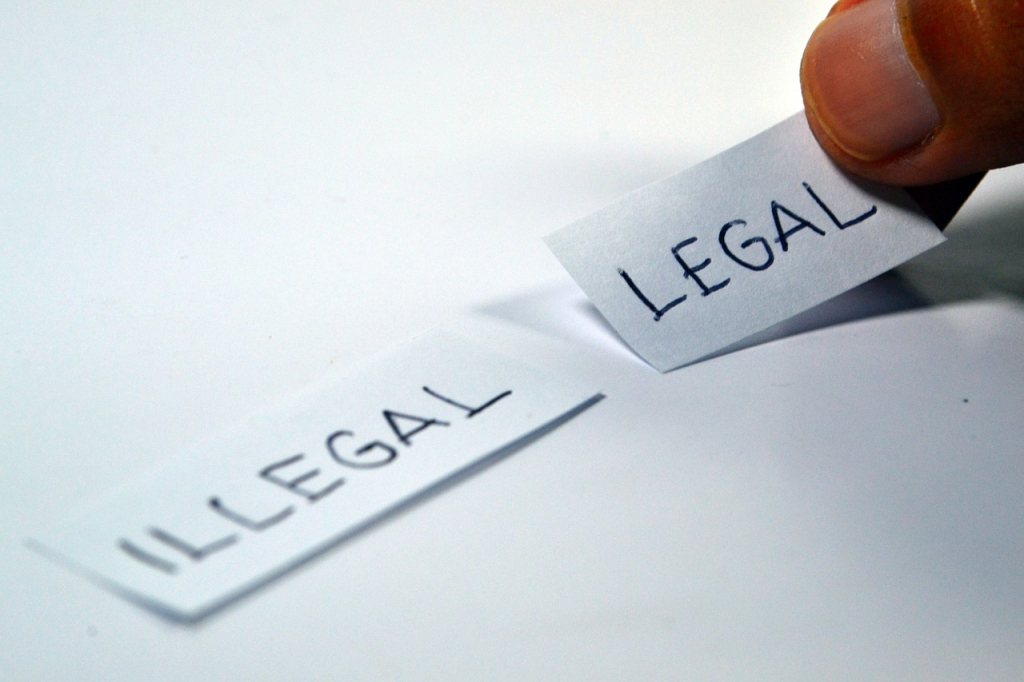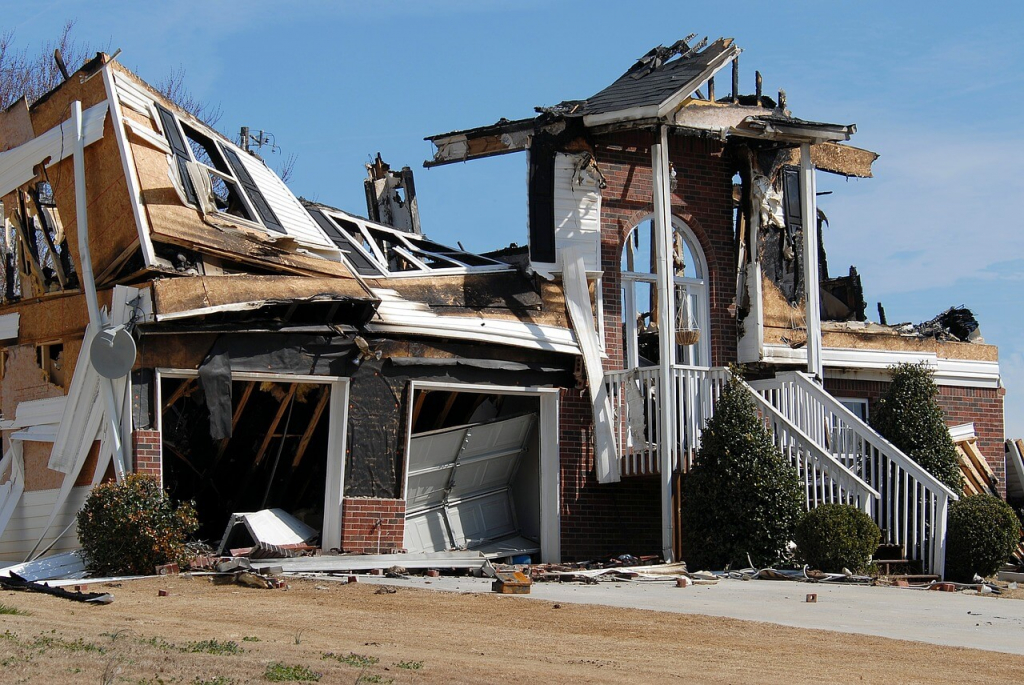Not all tenant-landlord relationships are smooth sailing from start to finish. Ideally, it should be a give-and-take relationship where all parties involved cooperate in doing their part to build a relationship based on mutual respect. However, it is not uncommon for conflicts to arise, especially if one of the parties fails to meet certain expectations.
Some landlords may encounter problem tenants who cause damage to property; engage in altercations with the landlord, property managers, or other tenants; or disobey the terms and conditions as agreed upon on the lease agreement. They may even encounter “professional tenants,” who are those who are good at manipulating landlords to serve their selfish interests.
As a landlord, you must know when to put your foot down when it comes to bad tenants. If a tenant is misbehaving or causes problems to your rental business that it already negatively affects your business, you may have to resort to legally suing them.

Here are the common lawsuits tenants face:
Eviction
An eviction is when a landlord ends a tenant’s lease even before it is over, usually due to a violation of the lease agreements. An eviction on one’s record will make it difficult for them to find homes or apply for loans in the future. The usual grounds for eviction are failure to settle rent and breaking of rules such as no smoking.
The eviction process often consumes a lot of time and effort, which is why landlords only resort to this after trying all other means to solve an issue with a bad tenant.
Housing laws on evicting a tenant may vary from state to state. A landlord must consult a lawyer before proceeding with the eviction so that the tenant could not countersue for illegal eviction.
Unpaid rent
As mentioned earlier, if a tenant fails to pay rent, he can be evicted. However, if he vacates the property before his lease ends without prior notice and with unpaid rent, a landlord can sue him for it.

Property damage
One of the responsibilities of a tenant is to maintain the property in good condition during their stay. This is usually stated on a lease agreement so a tenant can’t argue that he isn’t aware of such responsibility.
This is also grounds for eviction, but if the damage was detected after a tenant willingly vacates a property, a landlord can sue them for property damage. Of course, the damage must be beyond the usual wear and tear. The cost for repair can be deducted from the security deposit, but if the deposit is not enough, a tenant is responsible to pay for the remaining cost.
Laws regarding security deposits and deductions also vary from state to state. Make sure that you are aware of the legal ways of handling the deposit since that might be an issue if ever you sue a tenant for property damage.

Holdover tenant
Once a lease ends, a tenant is expected to either vacate the premises or renew the lease. However, some tenants extend their stay without renewing the lease or paying rent, which already makes them a trespasser.
If the landlord decides to let a tenant stay and accepts rent, they must start a new lease which may be similar to the expired one, or go for a month-to-month lease instead. However, if a landlord doesn’t want the tenant to keep leasing and refuses the tenant’s offer to pay rent, the holdover proceedings to evict the tenant will take place.
Before you market your property listing through platforms like Padleads, make sure you are aware of your rights as a landlord so that you will not be abused by your tenants. Although a thorough screening process could decrease the odds of getting problem tenants, the possibility is always there. So you must be prepared to take legal courses of action if necessary.